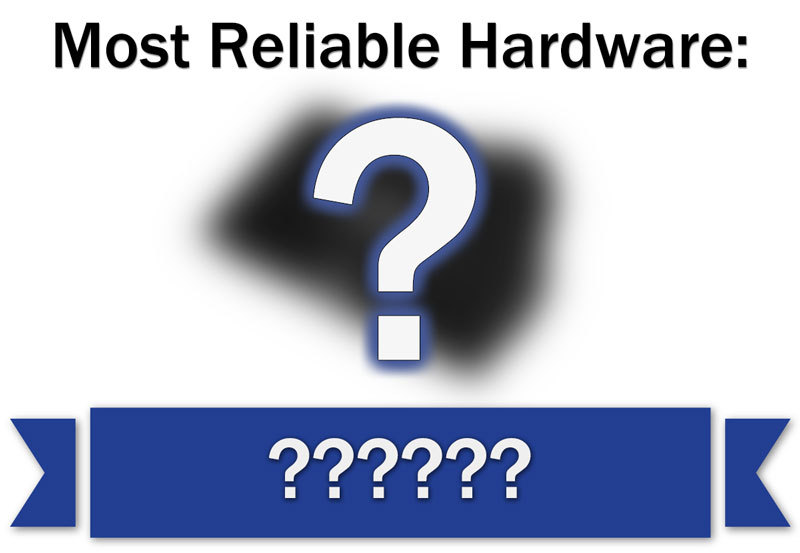i recently checked my drive health on both me os drive and me games drive , my os drive is a crucial (ct500p1ssd8) in crystal disk that health is 84% , my sandisk ssd is 99% , the temp on the crucial is 41 degrees Celsius , sandisk is 28Degreeg Celsius, this pc is not old , not even a year , why is the crucial m.2 health so low but the sandisk is 99% and they were both installed at the same time ?
is there anything i can do to improve the health on the m.2?
I will order a new m.2 if i have to but i literally have NO idea what i'm doing with these so i would have to take it in and have them do it which will cost me a fortune so i'm in a pickle,
crucials storage executive says drive good but it doesn't give any % and i don't know how to check to see what exactly is going on with the drive, any advice would be great
The new drive will be a WD , don't know if i'll go pro or not but i'll take opinions on that also ty in advance.
is there anything i can do to improve the health on the m.2?
I will order a new m.2 if i have to but i literally have NO idea what i'm doing with these so i would have to take it in and have them do it which will cost me a fortune so i'm in a pickle,
crucials storage executive says drive good but it doesn't give any % and i don't know how to check to see what exactly is going on with the drive, any advice would be great
The new drive will be a WD , don't know if i'll go pro or not but i'll take opinions on that also ty in advance.



